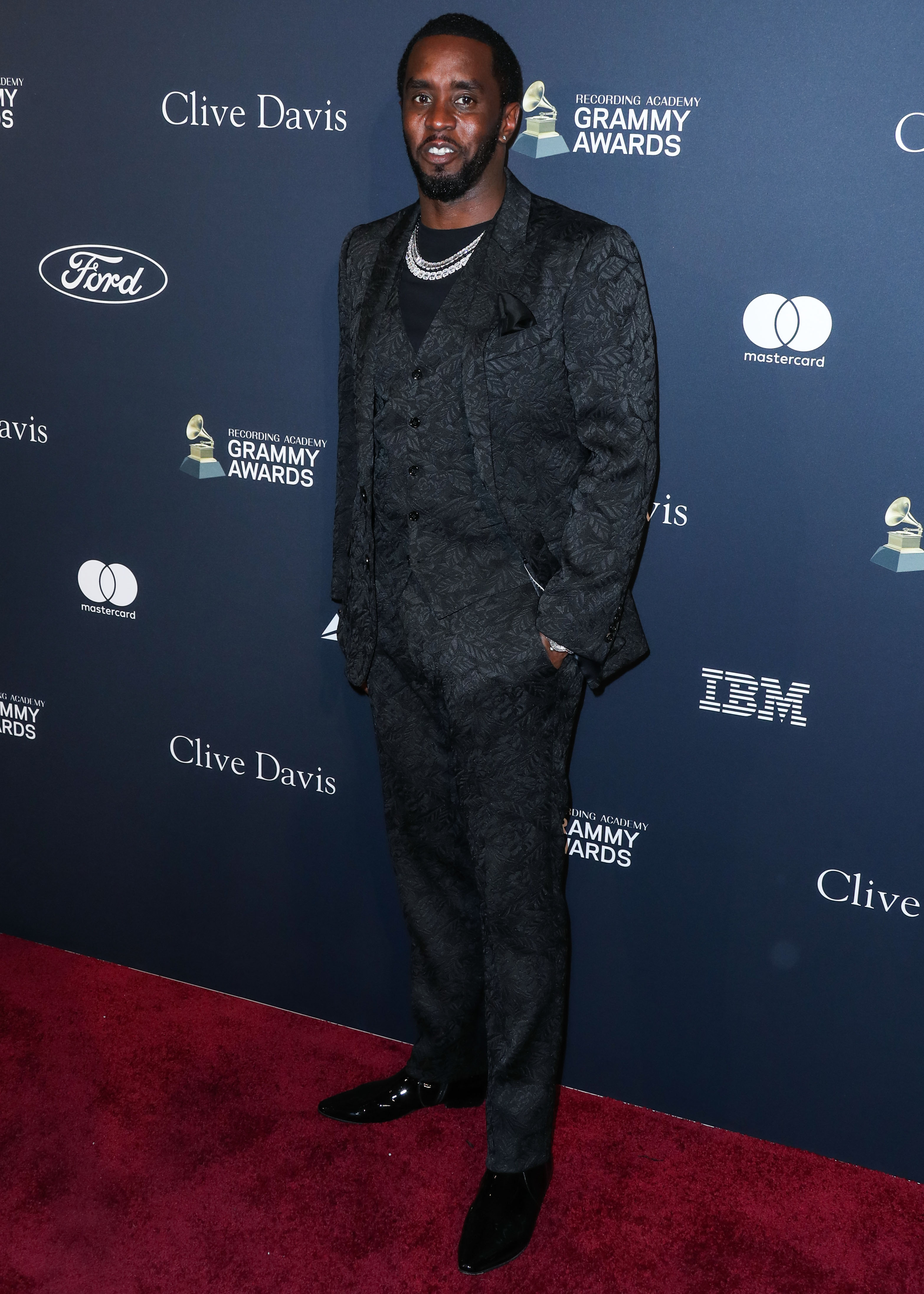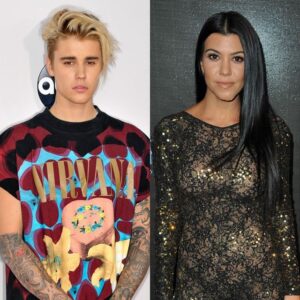In recent discussions, controversial allegations have surfaced, shedding light on the secretive and potentially illicit activities that allegedly occur at parties hosted by prominent figures in the music industry, notably Diddy. These allegations, voiced by individuals such as Jaguar Wright, have sparked conversations about accountability, integrity, and the power dynamics within the industry.

Jaguar Wright, a vocal critic of Diddy, has brought attention to the nature of all-male parties allegedly hosted by the rapper, where illicit activities, including drug use and sexual encounters, are said to take place. Wright’s claims have highlighted concerns about the exploitation of young individuals who may be present at these gatherings.
One of the focal points of the allegations is the purported use of substances like ketamine, known as “Special K,” which is alleged to have been used to induce a state of sedation and numbness during these parties. Reports suggest that this substance, along with others like Viagra and cocaine, creates an environment where individuals can engage in prolonged and potentially non-consensual activities.
Moreover, there are allegations of coercive behavior, including the hiring of male escorts, referred to as “Freak offs,” to participate in these events. These claims raise questions about consent, boundaries, and the exploitation of vulnerable individuals within the industry.

The discussion also touches upon the role of public figures like Wendy Williams, who have previously spoken out against Diddy and similar practices in the industry. Speculation about the motives behind such revelations and the potential risks faced by those who speak out against powerful figures underscores the complexity of navigating the music industry’s inner workings.
In response to these allegations, there have been denials and rebuttals from the accused parties. However, the persistence of these claims and the growing scrutiny of industry practices suggest a broader conversation about accountability and reform within the music industry.
As these allegations continue to unfold, it is imperative to prioritize the well-being and rights of all individuals involved, including artists, employees, and attendees of industry events. Transparency, accountability, and ethical conduct must be upheld to ensure a safe and equitable environment for everyone within the music industry.
In conclusion, the allegations surrounding Diddy and industry parties shine a light on the complexities and challenges facing the music industry. By addressing these issues head-on and advocating for systemic change, we can strive to create a more inclusive and respectful industry for all stakeholders.
News
“”Breaking News:Ryan Reynolds and Wife to Pause Careers for Dedicated Parenting and Charity Work!(GREAT)…
Ryan Reynolds and Blake Lively Announce Career Hiatus to Focus on Family and Philanthropy In an unexpected turn of events, Hollywood power couple Ryan Reynolds and Blake…
“”RICH FASHION:Blake Lively dazzles in $500,000 jewelry at American Rugby Championship, cheering on Taylor Swift’s beau!
Blake Lively, known for her impeccable style and roles in hit shows like “Gossip Girl,” chose this high-profile sports event to flaunt an exquisite jewelry collection, including…
“”Hottest News Today: Ryan Reynolds Announces Family Decision to Welcome Another Baby in 2025!(I LOVE YOU)…
“Ryan Reynolds and Blake Lively’s Family Grows: Expecting Another Bundle of Joy in 2025” In a heartwarming announcement that has left fans ecstatic, Hollywood power couple…
(3)OMG MINUTES AGO: Feds expose Kourtney Kardashian’s XTAPE SECRET with Justin Bieber as a minor
attention surrounding the case. The collaboration between federal agencies suggests a coordinated effort to address any possible legal violations comprehensively. This multi-agency approach underscores the seriousness of…
“”Unmasked: Ryan Reynolds Spills on the Tracks He Bans from His Eardrums!…
As one of Hollywood’s most beloved comedic actors, Ryan Reynolds has made a career out of playing sarcastic, self-deprecating characters who find humor in life’s absurdities. Through…
“”Perfect on Screen, Imperfect Within: Ryan Reynolds’s Candid Confessions on Perfectionism’s Price…
Ryan Reynolds is known for his dedication to his craft, but there can be downsides to striving for perfection. As one of Hollywood’s most bankable leading men,…
End of content
No more pages to load











